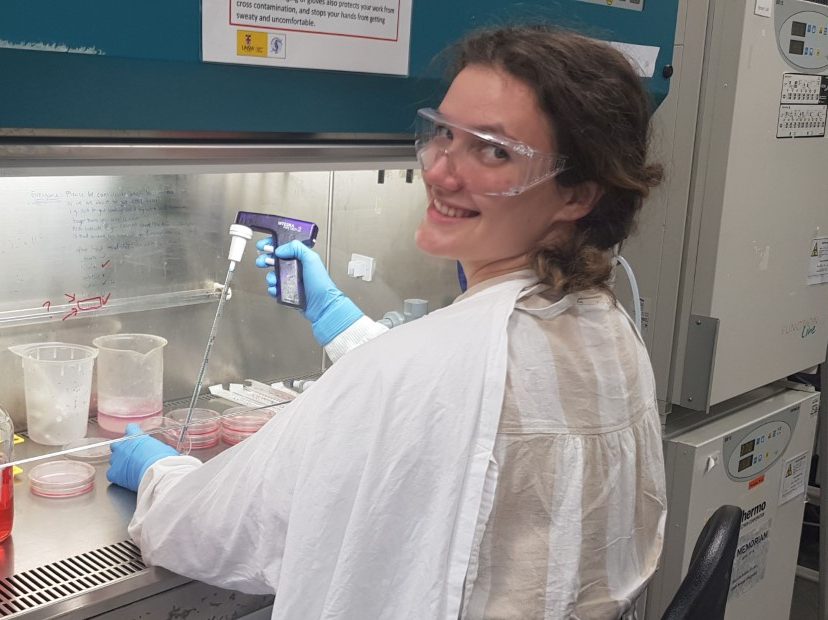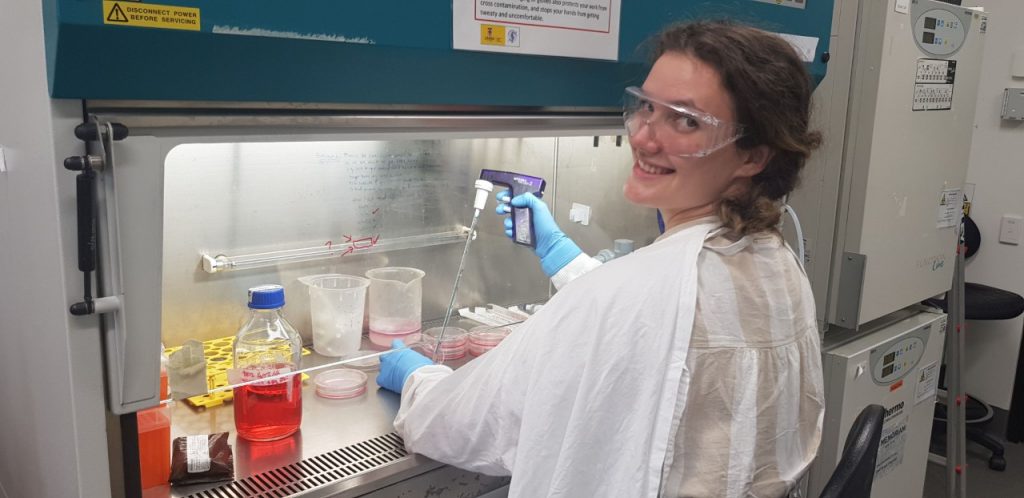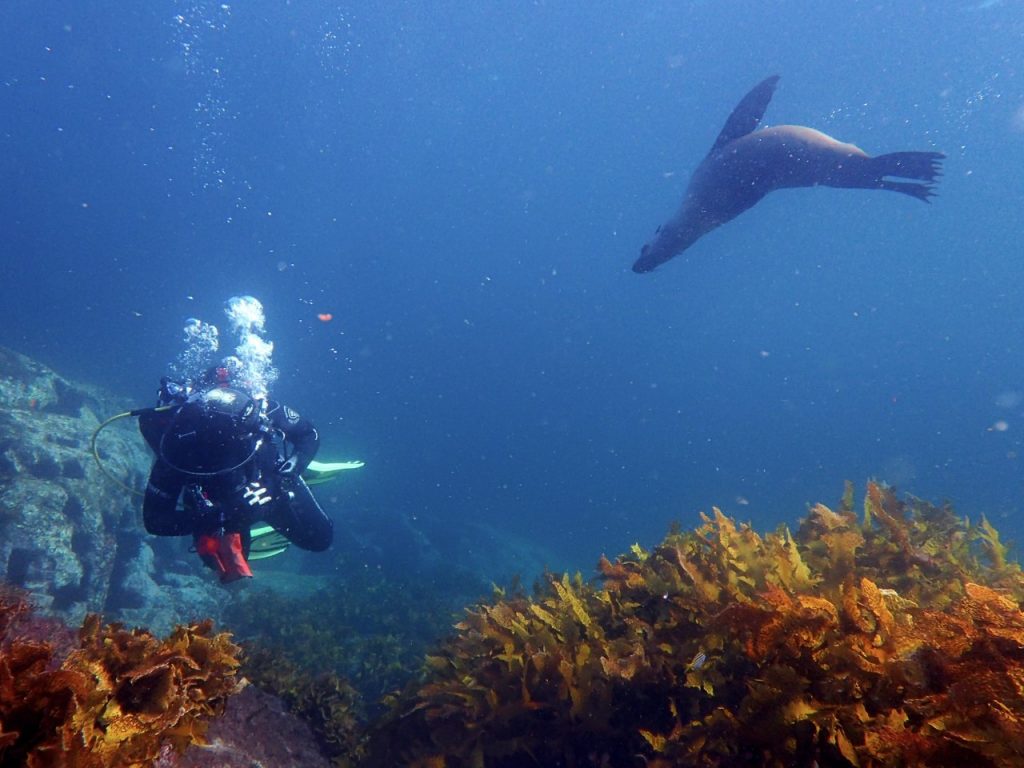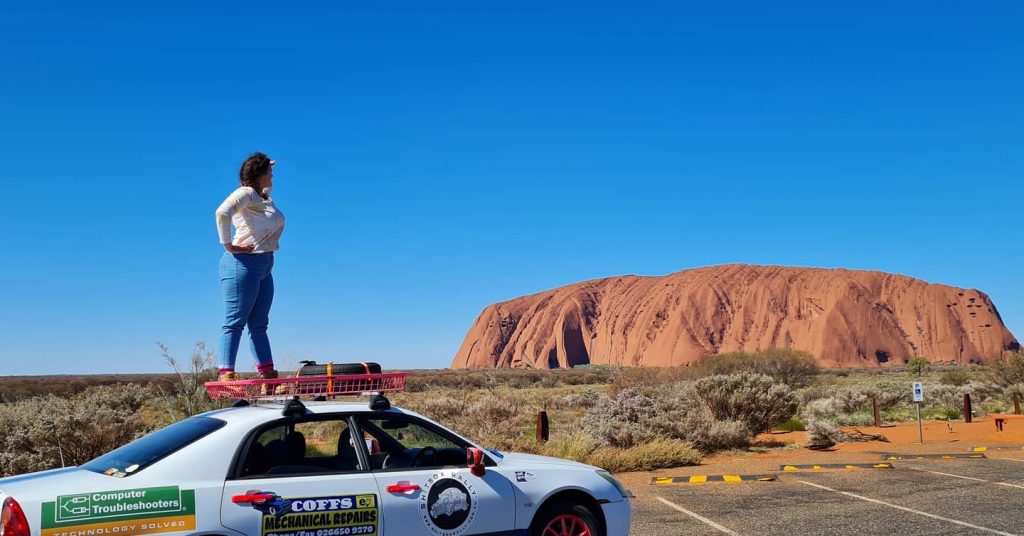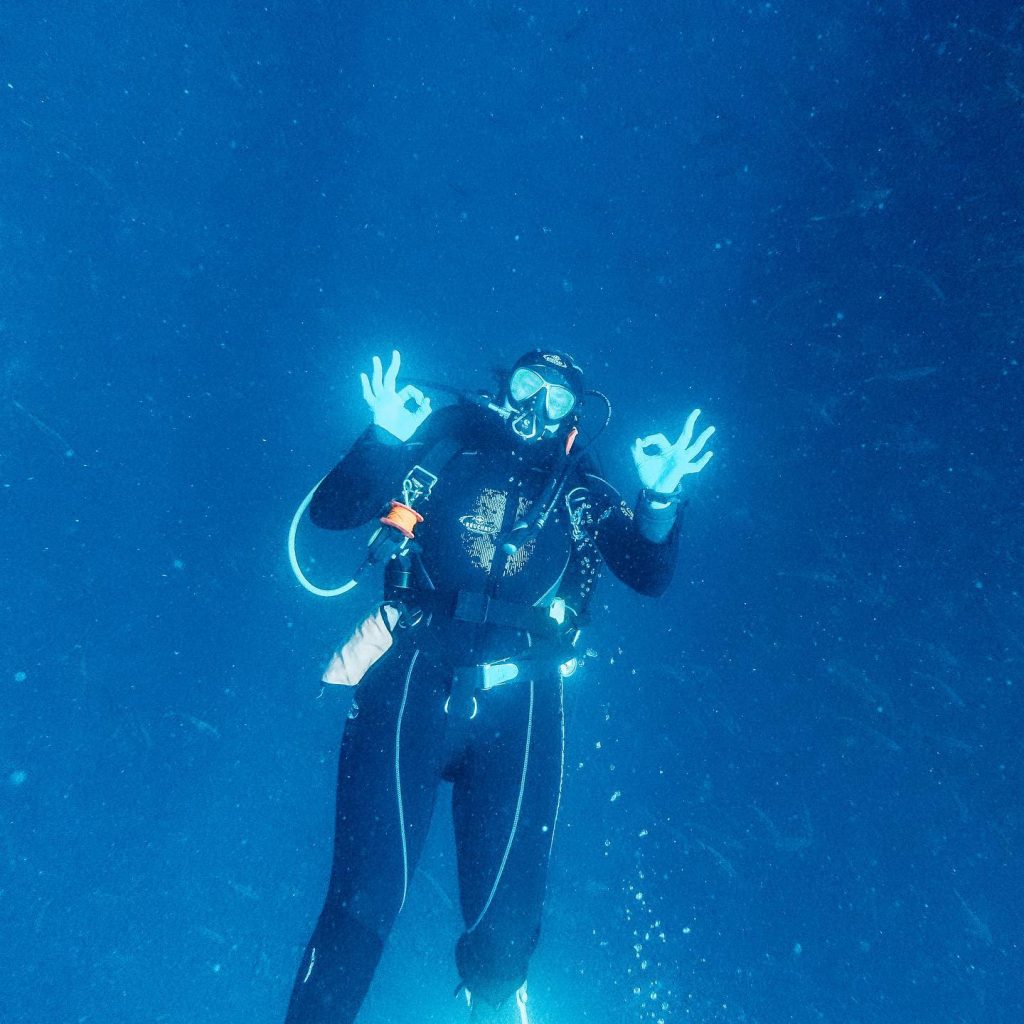By Shadma Fatima and Emma Harding
Cristina is a postdoctoral researcher investigating how galaxies form and evolve. Cristina is an advocate for diversity, is involved in world-wide research collaborations and co-founded a workshop to teach programming in developing countries. Cristina is a bright star and an inspiration for the future of STEM!
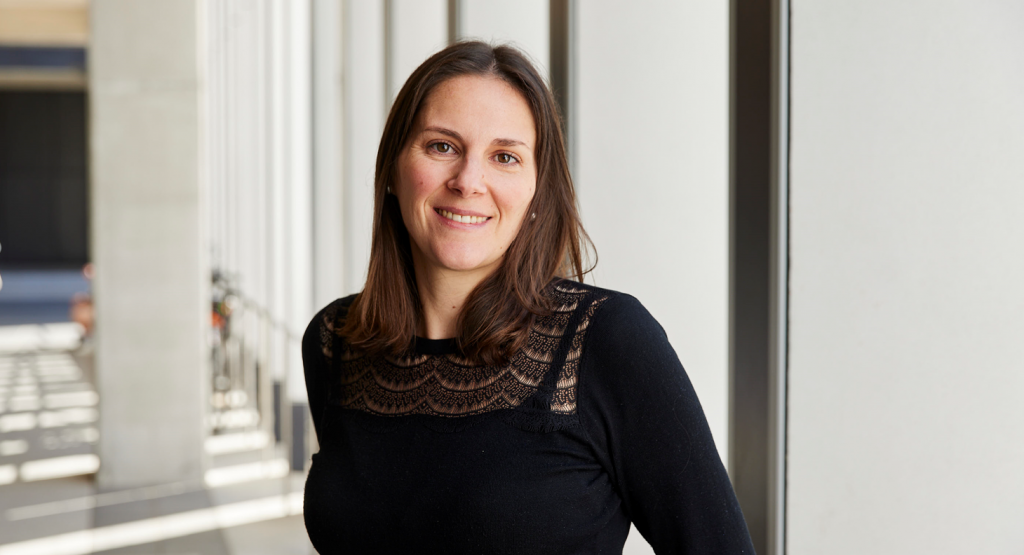
Cristina works in the UNSW School of Physics in Prof. Sarah Brough’s team.
Cristina’s research focuses on observing the intra-group light in groups of galaxies. This very diffuse intra-group light is a result of interactions between galaxies millions of years ago. Using this light as a “fossil record” of interactions, she can begin to understand how galaxies within those systems evolve and their history including tidal interactions and galactic merges.
Obtaining reliable outcomes in these studies are particularly challenging as, unlike in more traditional physics or other areas of science like biology, astrophysicists cannot really touch or experiment with the stars and galaxies that they study. Instead, they have to rely on different types of light and how you can interpret it.
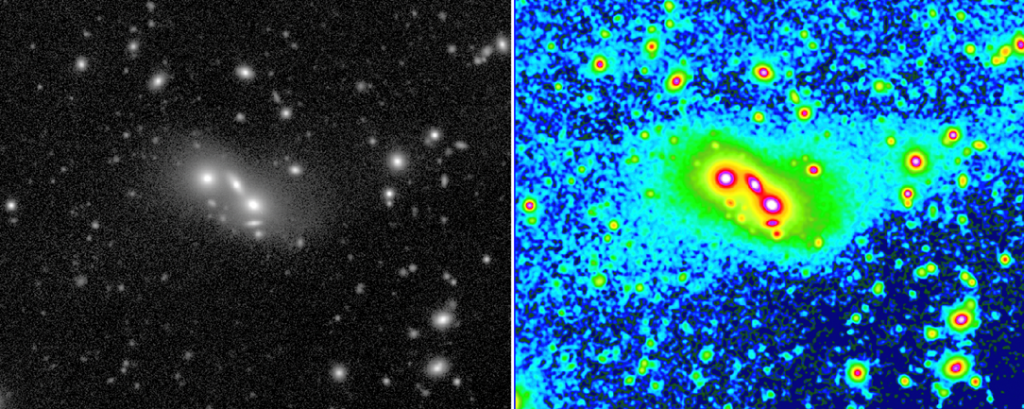
Cristina has had an interest in science from an early age and was drawn to physics in high school. Her choice to attend university in the Canary Islands provided exposure to the two observatories in the area. One particular inspiration was the lecturers and teachers at the university that were conducting state-of-the-art research at the observatories and provided insight into the life of an astrophysicist. She loved the area so much that she continued on to a PhD at the Institute of Astrophysics of the Canary Islands.
Although it is improving, Cristina notes that there is still many more men than women in astrophysics. At the PhD level in Australia, it is about 30% women with those numbers dropping lower at higher academic levels.
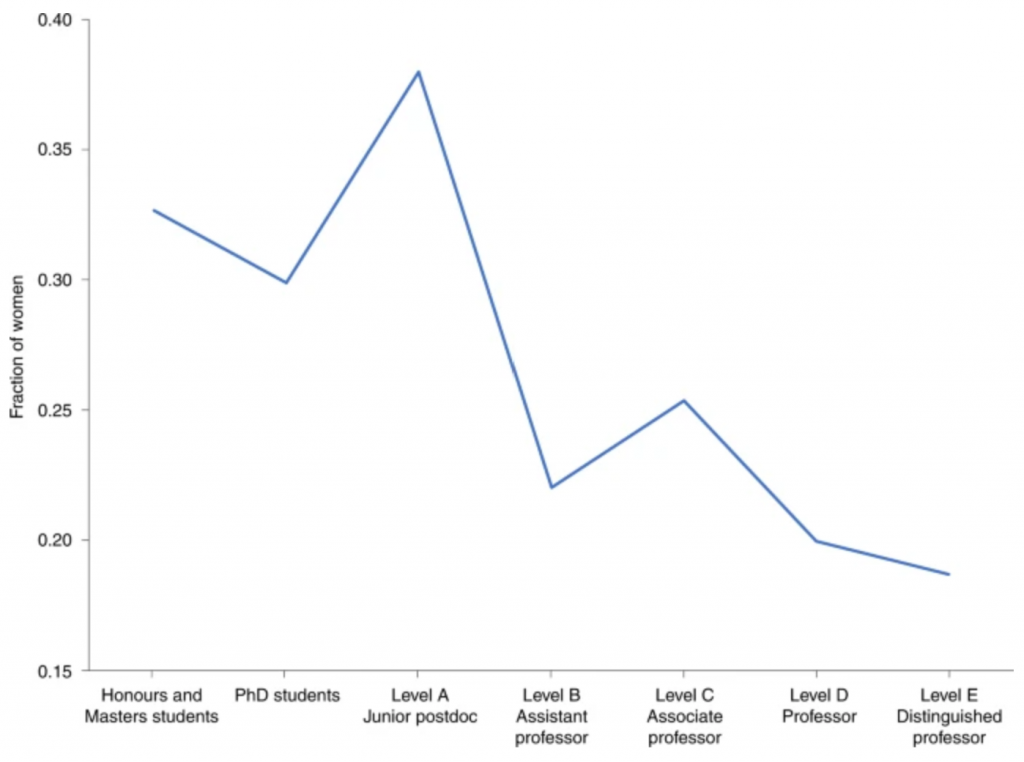
In search of how to transmit knowledge to make a real impact in the community, and inspire future STEM students, Cristina co-founded ‘Coded in the Stars’. This initiative, in which is also lecturer, aims to reinforce the programming and analytical skills of students in developing countries. ‘Coded in the Stars’ was also thought to increase the visibility of women in science and empower girls to pursue a STEMM career. It has been successfully developed at Meru University (Kenia) in 2018 and will be implemented in Bolivia.
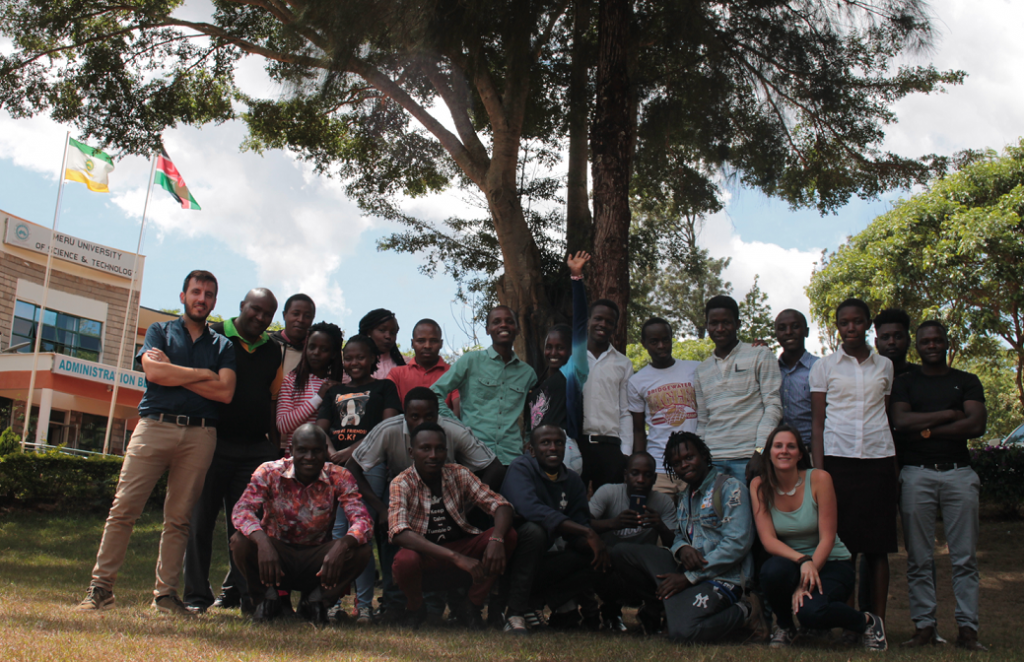
Cristina is a recent mother, and reflects that motherhood as a researcher is challenging and has been confounded by the COVID19 pandemic. For Cristina, these challenges revolve around organise meetings with collaborators in different time zones, dealing with the myriad of illnesses picked up from daycare and organising time to attend conferences. Flexibility is key, and whilst Cristina is lucky to have a flexible timetable, not everyone has the same privileges. Her advice to prospective mothers in research is to realise that you will not be as productive for the first few years of parenting, and that is ok. There will be a period where you need to think carefully about the time you can dedicate to grants and research and be mindful not to overcommit.
Cristina’s advice for younger students considering a future in STEM is to not be dissuaded by the stereotypical scientist – the genious in a labcoat. You don’t have to be super smart to do astrophysics (or STEM), you just have to be interested and work hard!


